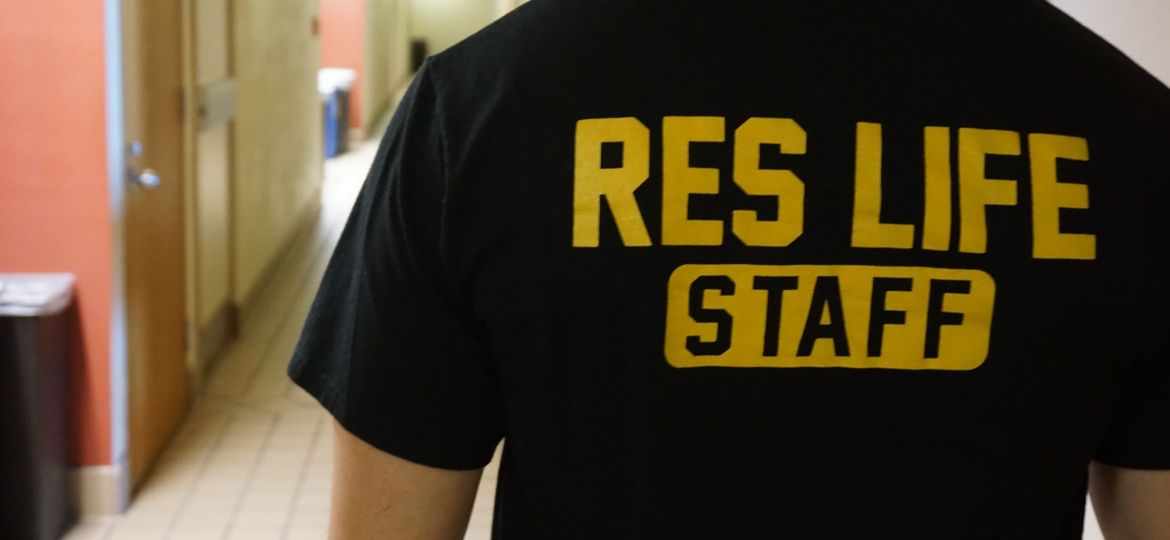
Starting in the fall of 2019, first-year residence halls will only have one pair of Junior Counselors (JCs) on each floor rather than the two pairs they have had in the past. This will cut the residence staff from over 105 employees to 70.
With the decrease in staff, JCs will be paid the same amount as RAs to encourage returning staff members to apply for the JC position without having to take a pay cut.
“Now the JCs are able to get paid just as much as RAs, the only thing is that they’re going to be in a double together, they’re not going to live in singles like RA’s,” Andrew Gonzalez ’20 said. “Living with someone else who is in the same position might actually help because you’re in communication with [them about] some of the challenges you might face with your residents.”
While some current staff members, including Gonzalez, are optimistic about the change, others expressed concerns that doubling the number of first years per JC could have a negative impact on the sense of community within residence halls.
“I don’t know if [students] will feel as comfortable coming to JCs if they don’t know them as well.” – Emily Helstrom ’21
Previously, students interested in applying to be residence life staff would start as a JC their sophomore year, then apply to be a Resident Assistant (RA) the following year for a pay raise.
“By compensating JCs and RAs the same pay rate, our staff will be more experienced as we will have more returning staff applying to the JC position,” Assistant Dean of Students for Programming and Assessment Joshua Lee said.
As of right now, there are 15 first-year residents per JC. Next year, that number will double to 30 students per JC.
Some current staff members and students expressed concerns that cutting the number of JCs will negatively impact camaraderie within residence halls.
“When I first got here it was comforting to have the JCs as a resource to ask advice from, because they were acclimated to life at St. Olaf,” Sophie Vlahoulis ’22 said. “Having a smaller group of first years assigned to JCs allowed for group outings and events which made it easy to get to know your JCs and feel comfortable coming to them.”
JCs are responsible for guiding first years through move-in, orientation, roommate agreements and the anxiety and stress that often accompany the first week on campus. With the first week full of hall meetings, name games and corridor meetings, JCs are kept busy ensuring the transition to life at St. Olaf goes smoothly.
“Generally, first years need more guidance as they make the transition to college, they don’t have the established support system that upperclassman have,” Hoyme JC Emily Helstrom ’19 said. “I don’t know if [students] will feel as comfortable coming to JCs if they don’t know them as well.”
Current staff members also pointed out that while residence life may be doubling the amount of pay JCs receive, they are also doubling the amount of students for which they are responsible.
Lee thinks a smaller staff will create a more tightly-knit community within the residence life staff, which should also benefit incoming first years.
“The team will be a lot closer, know each other better and know their building better,” Lee said. “I see this being a positive change for first years.”
Student Hall Coordinator Jordan Tarango ’19 agreed.
“The workload and responsibility is very doable for JCs but I understand the concern,” Tarango said. “I truly don’t believe this change will negatively impact first year residences at all.”
bermel1@stolaf.edu

